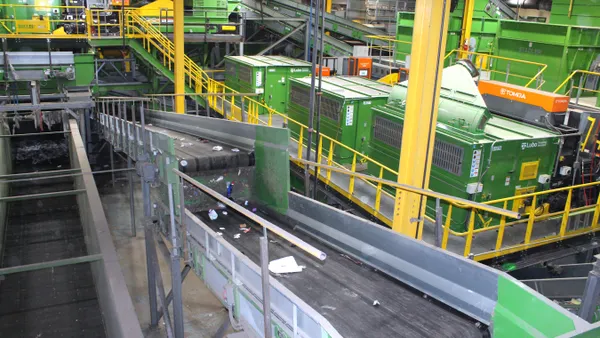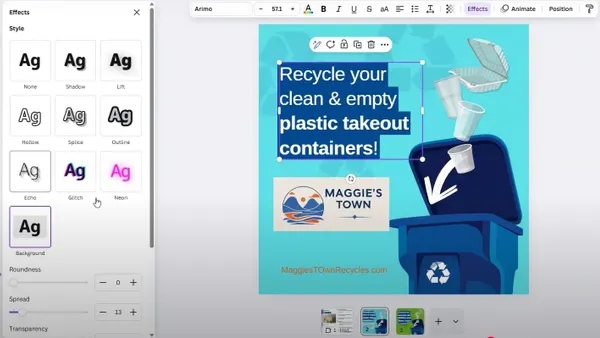Dive brief:
- Researchers at University of Saskatchewan in Canada have found a cheap, fast, and environmentally-friendly way to extract gold from materials while producing re-usable waste — a technology that might have potential to turn e-waste to gold, literally.
- There are two standard methods for extracting gold from electronic scraps: burning off the gold using high temperatures, which is energy intensive, expensive, and releases toxic gases. The second way involves leaching chemicals like a cyanide solution, which is also expensive and toxic, plus the remaining waste cannot be recycled.
- The Canadian researchers' alternative is a solution of acetic acid and an oxidant — a nontoxic technique to dissolve gold, which is stripped from circuits in about 10 seconds, leaving intact copper, nickel, iron, and other metals in printed circuit boards.
Dive insight:
Traditional extraction costs $1,520 for one kilogram of gold. The experimental method costs $66 for one kilogram and leaves behind re-usable waste.
Besides the monetary value, the technology weighs in by solving one big problem posed to e-cyclers and other scrap metal recyclers: the fact that gold is traditionally hard to dissolve without rendering other metals unusable. The discovery of this green solution joins other recycling methods and "preferred practices" that reduce toxins left behind.
When time, cost and lower toxicity are all considered, the technology appears to be a huge leap forward for e-cyclers and others with a vested interest in the precious metal.









